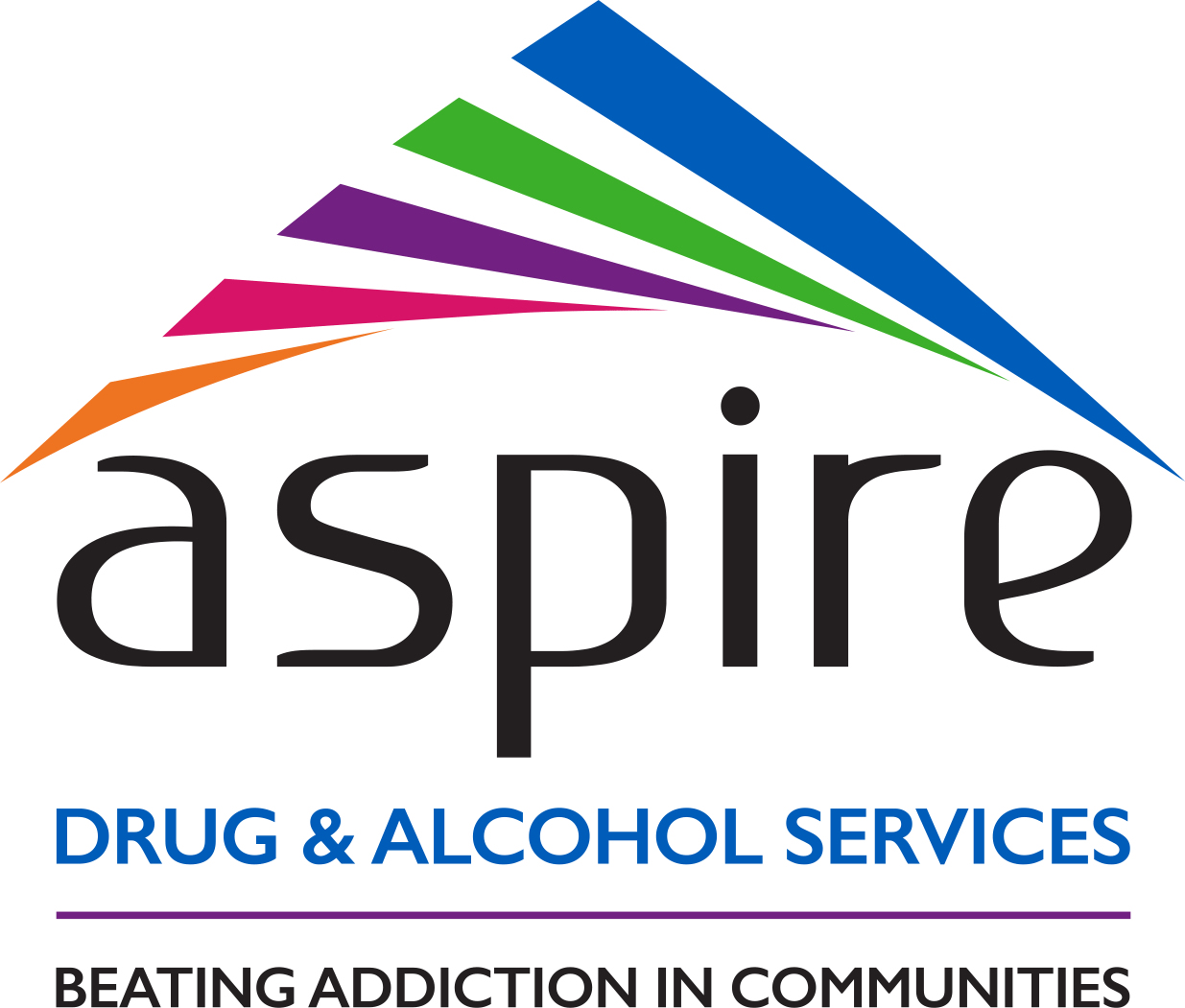A Doncaster service has joined forces with research teams in Yorkshire and the USA in a bid to improve the future care and treatment for people experiencing drug and alcohol problems.
Aspire Drug and Alcohol Service, which is run by Rotherham Doncaster and South Humber NHS Foundation Trust (RDaSH) and registered charity The Alcohol & Drug Service, is working with The University of Sheffield, The University of North Carolina and the RDaSH Grounded Research team on a two year Behavioural Activation (BA) study.
The clinical research trial which focuses on the effects of causational substance use and depression has recruited 33 of Aspire’s clients who match the research criteria. Behavioural Therapists at Aspire will run the study supported by Professor Stacey Daughters from the Department of Psychology and Neuroscience at the University of North Carolina, Dr Jamie Delgadillo, RDaSH Clinical Research Fellow in Wellbeing, and Sophie Pott, Study Coordinator from The University of Sheffield.
Professor Daughters said: “Higher levels of depression and low levels of enjoyment from daily non-substance activities are a hallmark characteristic of substance use disorder. Yet current treatment approaches do not emphasis strategies aimed at increasing patients’ ability to experience reward.
“Behavioural Activation does just that and it works! BA has demonstrated success in reducing depressive symptoms, increasing environmental reward, and reducing the likelihood of return to substance use up to one year following treatment. To do so, BA clinicians help patients systematically identify, plan, and execute daily engagement in value-driven substance-free activities.
“Patients are encouraged to plan only those activities that have a high likelihood of success in order to increase their daily experience of positive reinforcement. Over time, patients learn to associate substance-free activities with feelings of accomplishment and positive affect, thereby increasing the likelihood of sustaining these new habits.”
Stuart Green, Aspire Service Manager, said: “Being involved in this type of research puts us at the forefront of trialling new treatment interventions and patterns of care for people who use our services in the future. It shows our commitment to give everyone in our community the best possible care delivered in the right place.”
Aspire provides a wide range of support for people who have issues with drugs and alcohol and include strategies like talking help, prescribing and inpatient detoxification. There is also residential rehabilitation to support people in recovery from drug and alcohol related problem.
If you or someone you know is experiencing drug or alcohol issues and want to talk to someone in confidence please visit www.aspire.community, or ring 01302 730956.




